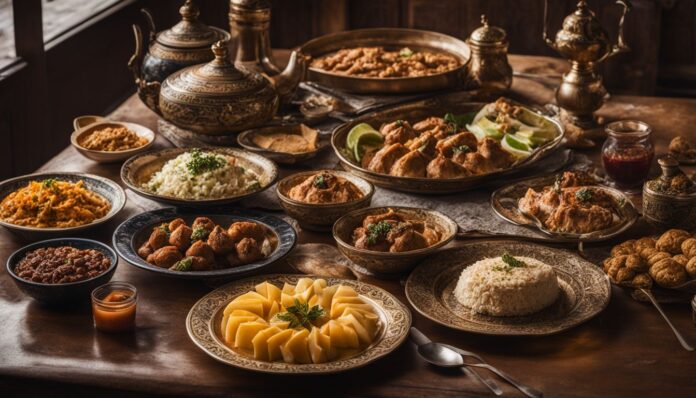With health and wellness at the forefront of everyone’s minds in current times, the need for a diet that enhances longevity has never been stronger. While the Japanese and Mediterranean diets have had their time in the sun in recent years, Middle Eastern food, rich in nutrient-dense ingredients and powerful health benefits, is a hidden gem when it comes to living a long and healthy life. Packed with nutrient-rich ingredients, heart-healthy fats, and an array of vibrant spices, this ancient diet offers a delicious and natural way to boost overall health and well-being. Zareen Baig, co-founder, Zima shares all you need to know:
A Nutritional Powerhouse
One of the biggest strengths of Middle Eastern cuisine is its emphasis on whole, unprocessed foods. Fresh vegetables, legumes, and grains form the backbone of many dishes, providing essential vitamins and minerals that fuel the body. From the parsley-packed goodness of tabbouleh to the protein-rich creaminess of hummus, these foods deliver both flavour and health benefits in equal measure.
Abundance of Fibre
Fiber is a cornerstone of good digestion, and Middle Eastern food is naturally rich in it. Thanks to ingredients like lentils, chickpeas, and whole-grain flatbreads, this diet promotes gut health while also helping to regulate blood sugar levels. Whether you’re savouring a bowl of lentil soup or enjoying a freshly baked whole-wheat pita, you’re doing your digestive system a huge favour.
Antioxidant-Rich Spices
Aromatic spices like cumin, coriander, and turmeric are staples in Middle Eastern cooking—not just for their bold flavours, but also for their health benefits. These spices are packed with antioxidants that help fight inflammation, reduce oxidative stress, and may even lower the risk of chronic diseases. In other words, that fragrant plate of shawarma or spiced rice is doing a lot more than just satisfying your taste buds.
Healthy Fats for a Strong Heart
Olive oil is a key player in Middle Eastern cuisine, offering an excellent source of monounsaturated fats and antioxidants. Unlike processed oils, extra virgin olive oil has been linked to reduced inflammation, better brain function, and even weight management. Meanwhile, nuts and seeds—such as almonds and sesame—provide additional healthy fats, making them a smart addition to any diet.


